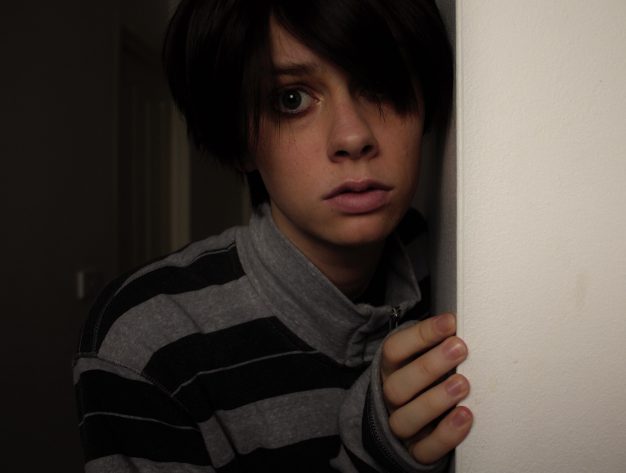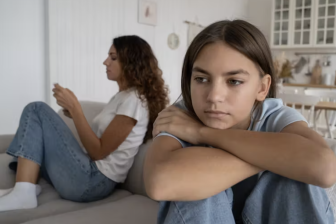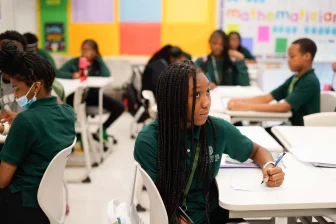
Children and young people ‘worst affected’ by mental health issues during pandemic
The stress of coping with a global pandemic has seen children and young people bear the brunt of the resulting mental health crisis, says the UK’s Royal College of Psychiatrists (FRCPsych).
It’s just over a year since the first lockdown was introduced, and after warnings from mental health professionals about the likely impact on the UK’s mental well-being, data from NHS Digital has revealed that while all age groups have been affected, it is the under-18s who have been worst affected.
FRCPsych wants the government to invest an extra £500 million in the national mental health recovery plan to reach frontline workers quickly, so that young people can get the help that many desperately need. Dr Bernadka Dubicka, chair of the college’s child and adolescent faculty, said: “Our children and young people are bearing the brunt of the mental health crisis caused by the pandemic and are at risk of lifelong mental illness.
‘Devastating effect of school closures and disrupted friendships’
“As a frontline psychiatrist I’ve seen the devastating effect that school closures, disrupted friendships and the uncertainty caused by the pandemic have had on the mental health of our children and young people, she added. “Services were already struggling to cope with the number of children needing help before the pandemic hit, and they risk being overrun unless government ensures the promised money reaches the frontline quickly.”
The findings show that children and young people’s mental health services had over 80,000 more referrals between April and December last year, up by 28 per cent on the previous year, to 372.438. Just over 600,000 more treatment sessions also took place, up a fifth on the previous year’s corresponding period.
In addition, more children than ever before are being treated for eating disorders, and waiting for the care they need. Huge increases in the number of people reporting moderate to severe depressive symptoms have also been reported, while and the number of people reporting being lonely has reached record levels.
‘It’s a terrifying situation to be in’
Sarah (not her real name), whose teenage daughter relapsed into anorexia during the pandemic, said: “The pandemic has been devastating for my daughter and for our family. She has anorexia and was discharged from an inpatient unit last year, but the disruption to her normal routines and socialising really affected her recovery. She was spending a lot less time doing the things she enjoys and a lot more time alone with her thoughts.
“Unfortunately, she relapsed, becoming so unwell she was admitted to hospital and sectioned. After 72 days in hospital with no specialist eating disorder bed becoming available, we brought her home where I am now tube-feeding her daily. My daughter urgently needs specialist help for this life-threatening illness, but because of increased demand services are completely overwhelmed. It’s a terrifying situation to be in.”
Click here for the NHS Digital website.




